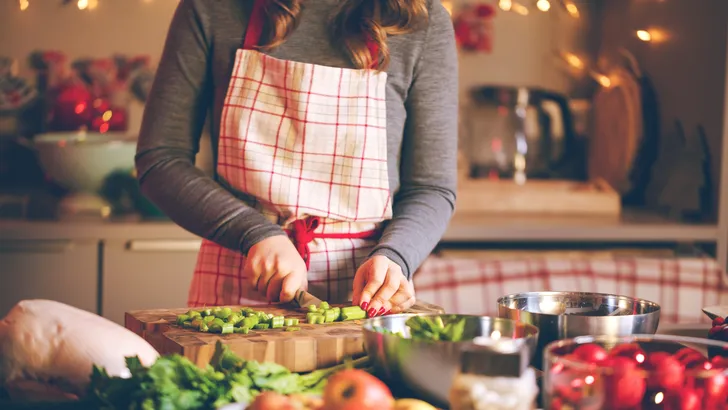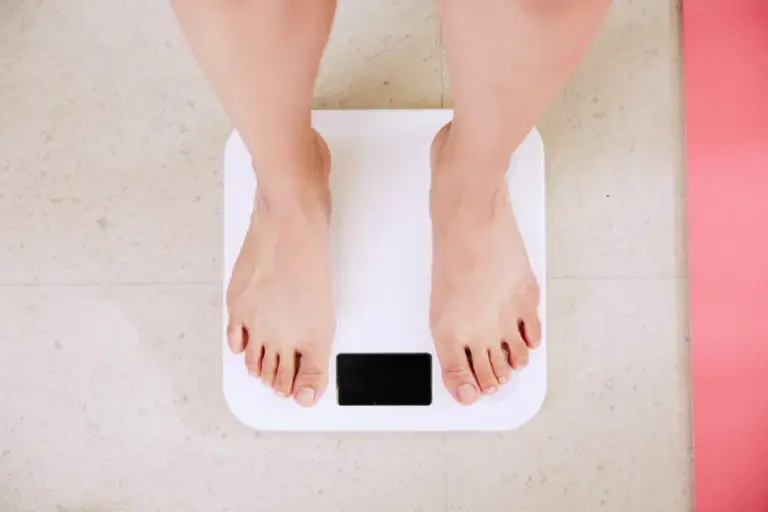More balance on your plate: here’s how to end 2024 with an attainable lifestyle
The holidays are coming and for many people that means they often let themselves go when it comes to food. Nothing wrong with that, of course, but what if you want to pay a little attention? We spoke with dietician and nutrition expert Dafna Tsadok Hai about smart habits to end the year healthy and start the new year off right.
Dafna emphasized that adding more vegetables to your diet is the most important step: “Vegetables improve satiety, provide essential minerals and support healthy gut flora.”
What daily habits help you end the year healthy?
“Vegetables, vegetables, vegetables,” Tsadok Hai says with conviction. Vegetables contribute to a faster and longer feeling of satiety because they are high in fiber and rich in vitamins and minerals. They create a “snowball effect,” so to speak, Dafna explains. “They often replace the less healthy parts of a meal, such as fats and sugars, and are essential for your health.”
To get enough vegetables, you really don’t have to eat a whole broccoli a day. No, she advises practical adjustments, such as adding bell pepper to a pasta or choosing whole grain rice. “Keep it small. Start with small, achievable goals, such as eating vegetarian once a week or using whole grain products more often. Or eat oily fish at least once a week.”
Christmas: the time of lights, cosiness, good food, mulled wine and, above all, lots of needles in your house. Recognizable? Do you also have a tree that loses its winter coat every day and makes your vacuum cleaner work overtime? Don’t worry, we have the tips to stop that downpour of needles, so your vacuum cleaner can enjoy the Christmas vacations too.
How can you maintain healthy eating habits during the holidays?
Holidays like Christmas can make it difficult to maintain your healthy habits. Often people view the holidays as a time to “cheat” for a while. “Good to know is that eating differently than normal for two days doesn’t do as much damage to your health or weight at all as people think.”
Dafna states that it is important to listen to your body. “When you are seated, you are full,” she says. And, “Try not to deny yourself too much, because then you often eat way too much at once later on.” She advises giving vegetables the main role at meals, using smaller plates and cutlery and taking time to eat. “If you eat more vegetables and take some breaks during meals, you often automatically eat less,” she says.
For example, serve a salad with your main course. “And insert an extra course of soup. After all, in soup you incorporate more vegetables and often you eat the soup a little slower because you slurp it with a spoon. That, too, stimulates satiety.”
How do you start improving your eating habits for the new year now?
“Start with more vegetables, listen to your body and make it achievable,” says Tsadok Hai. “Set small goals, such as an extra piece of fish every week or a handful of vegetables with your lunch. Most importantly, keep it practical and achievable, and don’t want to change everything right away.”
For those who are busy, meals from services such as Factor can be an ideal solution. “Factor meals offer everything you need: vegetables, healthy protein and fiber, without having to think about it yourself.”
Small adjustments make all the difference
So Dafna recommends implementing achievable habits, such as replacing white rice with whole wheat or adding legumes to meals.
“That way you make it easy for yourself and can continue to make healthier choices, even in the new year.” So the secret is in keeping it small and not wanting to change too much at once. Clear!
Source: Adobe







